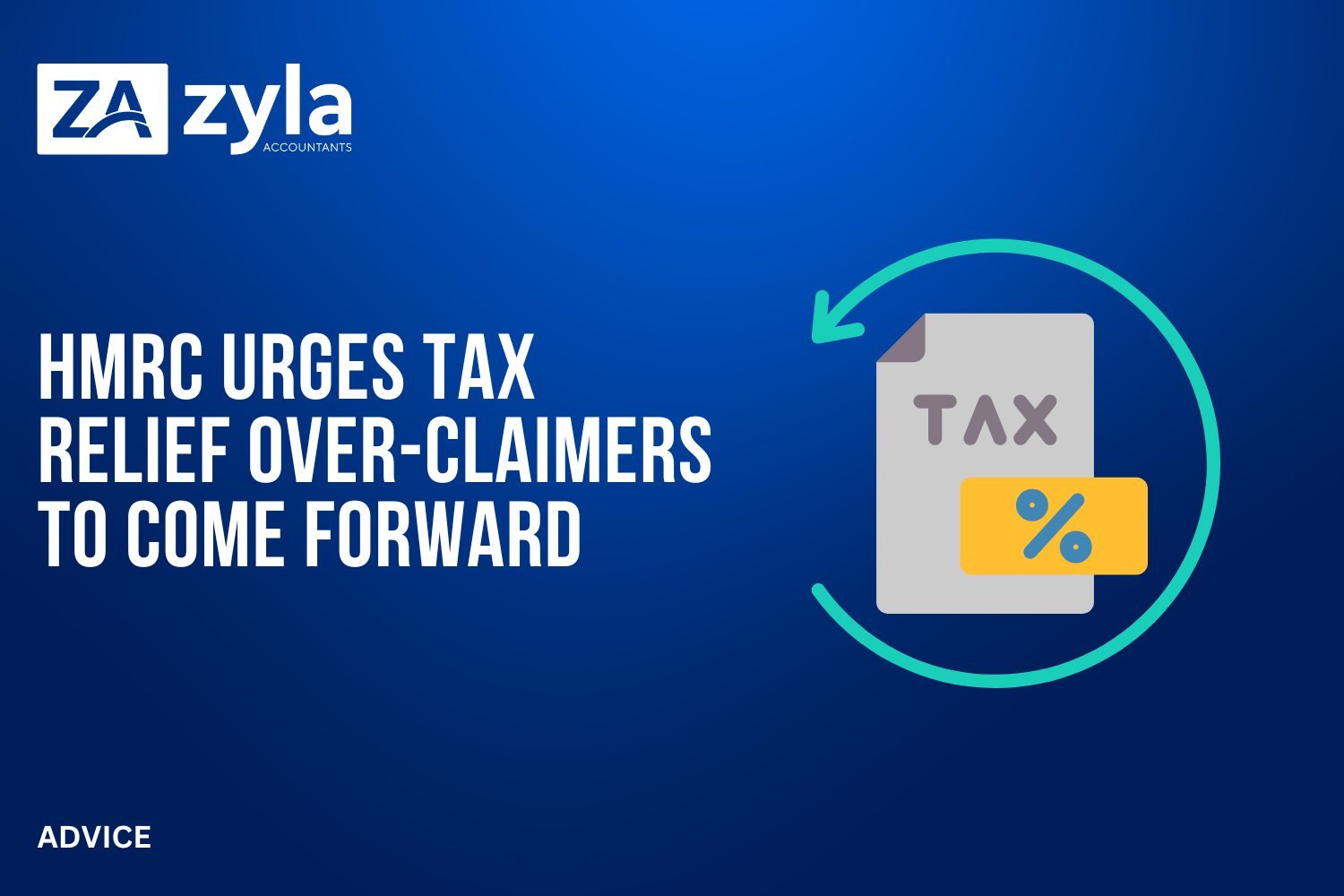HMRC urges tax relief over-claimers to come forward
Previously over-claimed R&D tax relief can now be disclosed through a new service offered by HMRC.
As a result of concerns about the high level of errors and fraud in R&D claims, the new service has been launched.
An analysis of R&D claims from 2020-21 published by HMRC in 2023 found that almost a quarter (24.4%) of SME claims by value and 3.6% of large company claims were either incorrect or fraudulent – resulting in a combined cost of £1.13bn for the Exchequer.
Companies who have claimed too much R&D relief in error but still have time to amend their tax returns can use the new R&D disclosure service.
The service is not available to companies whose behavior is deliberate. It would include situations in which companies knew they owed tax or overclaimed R&D tax credits but did not inform HMRC, or where the claim was deemed fraudulent by HMRC because the company activity did not qualify.
In September, 11 people were arrested on suspicion of research and development tax relief fraud following raids by HMRC officers.
Although HMRC's latest annual report reports that they are getting tougher on historic R&D tax relief claims, the new initiative is designed to encourage voluntary compliance. HMRC's Wealthy and Mid-sized Business Compliance Directorate published figures in August 2024 showing that the tax under review in R&D investigations had doubled over the past year to reach £641m in 2023/24.
Dawn Register, a tax dispute resolution partner at BDO said: “HMRC’s own research shows a high level of historic fraud and error in R&D claims. While the rules for new R&D relief claims were significantly tightened recently – some might say overtightened making it difficult for genuinely innovative SMEs to access support for R&D – this new service is designed to encourage companies with historic inaccuracies to come forward.
“However, the restrictions on the use of the service and the lack of any incentives – such as protection from criminal prosecution or additional time to pay – may mean that this service is unlikely to prompt the level of response that HMRC is looking for. Launching this on New Year’s Eve won’t have helped awareness either.
“There are also other disclosure routes available to companies looking to bring their tax affairs up to date. In practice we have seen companies approached by many unscrupulous “claims” agents operating in the R&D market in recent years. If a company now realises that past R&D claims prepared for them by such agents were, shall we say, “speculative”, then a voluntary disclosure is certainly the way forward. However, they should always seek specialist advice from tax dispute specialists about putting things right, including the most appropriate route to use in approaching HMRC.”
Peter Clark, R&D Technical Director and Co-founder at RCK Partners, a tax consultancy that specialises in R&D tax relief, said such a highly complex area of tax meant it has been easy for companies to get things wrong, especially when they don’t have the right expertise or advice.
“HMRC is now taking a considerably more robust approach in launching investigations and this is partially why they are launching the new disclosure service.
“We strongly encourage claimants who are concerned they may have previously filed claims containing errors to seek advice. Doing this promptly will help them understand their position and if they need to make a disclosure, then doing so proactively can help their business avoid unnecessary penalties.
“It is also worth noting that this new facility should only be used if the company is out of time to amend its corporation tax return and if the business feels there are errors within its original R&D claim. It’s important for claimants to understand there are various disclosure routes and so expert advice is crucial.”
Talk to Zyla Accountants about our R&D Services.

